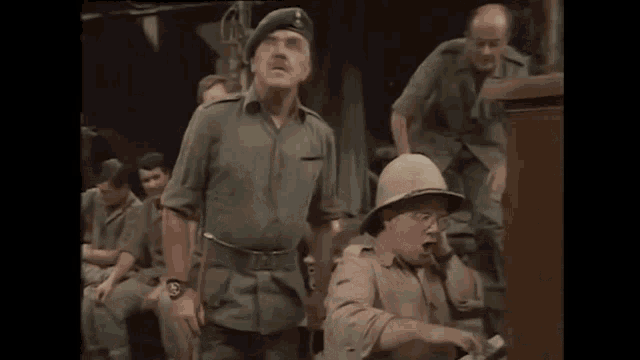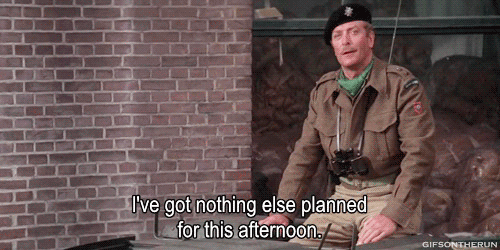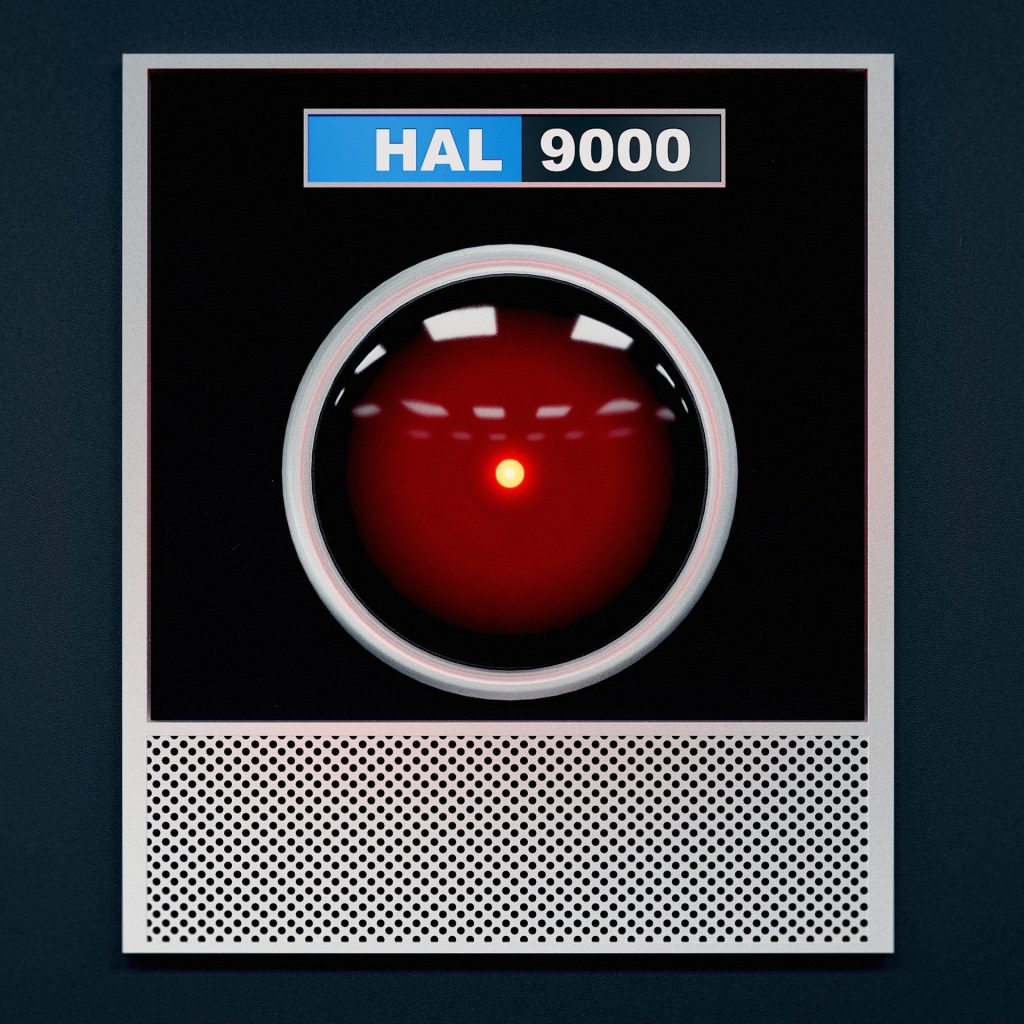I think my fascination with weird spaces began as an introverted, book-licking kid, reading about the Bermuda Triangle in the pages of Unexplained magazine. Today, the Triangle might be more famous for the cheese deluxe of the Barry Manilow song, but back then it was a terrifying region where the certainties of Cartesian space and time seemed to falter, with planes, boats, and people entering it only to vanish mysteriously. (Most notably, Spielberg’s Close Encounters of the Third Kind even hinted cheekily at their fate.)

As I grew older, I discovered these haunted landscapes in the pages of the “old weird” e.g. Machen’s The White People, Blackwood’s The Willows, and later, the deeply ambiguous Québécois outback of Atwood’s Surfacing. These uncertain, liminal spaces got under my skin, needling away, stinging like a hangnail.
This obsession only intensified when I came across Vandermeer’s Annihilation and the Strugatsky brothers’ Roadside Picnic. In both of these novels, the weird landscape is the driver of the narrative. Roadside Picnic, set in the Soviet Union in the 1970s, explores the aftermath of an alien visit that has left behind mysterious “Zones” filled with gravitational anomalies, toxic hazards, and sinister locales where the shadows “look wrong”.
In the face of the economic exigencies of the late-period Soviet Union, human “Stalkers” sneak into these zones to make off with little-understood, abandoned technology to sell for mis-use on the black market. Red Schuhart, the novel’s hard-bitten protagonist, likens their actions to “children playing with matches in a house on fire. The Zone is the fire, and we’re too blind to see the danger.”
The Strugatskys’ Zone is an eruption into human reality, of what Lovecraft (everybody’s favourite tomb-faced, racist bell-end) would have called “the outside”. Consequently, the novel is much less about aliens than it is about the limits of human knowledge and subsequently the human condition.
Similarly, in Vandermeer’s Annihilation, Area X is a weird space that infiltrates human power structures, replacing them with a mycological plane reminiscent of Deleuze and Guattari’s “body without organs”. As its protagonist (known only as the Biologist) discovers, Area X is a place where the human experience is interrogated, undermined, and ultimately transformed.
What keeps me coming back to these books is their conjuring of non-human presence as absence, evoking Mark Fisher’s definition of the eerie as, “the sensation of … something present where there should be nothing.” In Roadside Picnic, this absence is the unresolved mystery of the aliens’ purpose. Some believe that Earth was just a stopover, humanity unnoticed, while others think the aliens never left, still lurking invisibly in the Zone: the mutations in Stalkers’ children hinting at, perhaps, a slow-motion genetic invasion.
Similarly, Vandermeer’s Area X is a metaphor for the climate crisis, a rebellion against humanity and capitalism by a Gaian hyper-entity. The Biologist’s journey through Area X, where the landscape observes her as much as she observes it, suggesting a move beyond the human towards a type of becoming-animal futurity.
These books resonate now more than ever, I think, because the early 21st century is a profoundly weird and eerie space. The climate crisis, flame-throwing cyber-dogs and generative AI have woven a sense of the uncanny, of presence-where-we-know-there-is-only-absence, into the texture of everyday life. The Bermuda Triangle, the Zone, and Area X have swallowed the world, making our sense of the human feel contingent and in urgent need of reinvention.

As Bazzer the Mazzer once sang,
“Bermuda Triangle, makes people disappear.
Bermuda Triangle, don’t go too near.”



